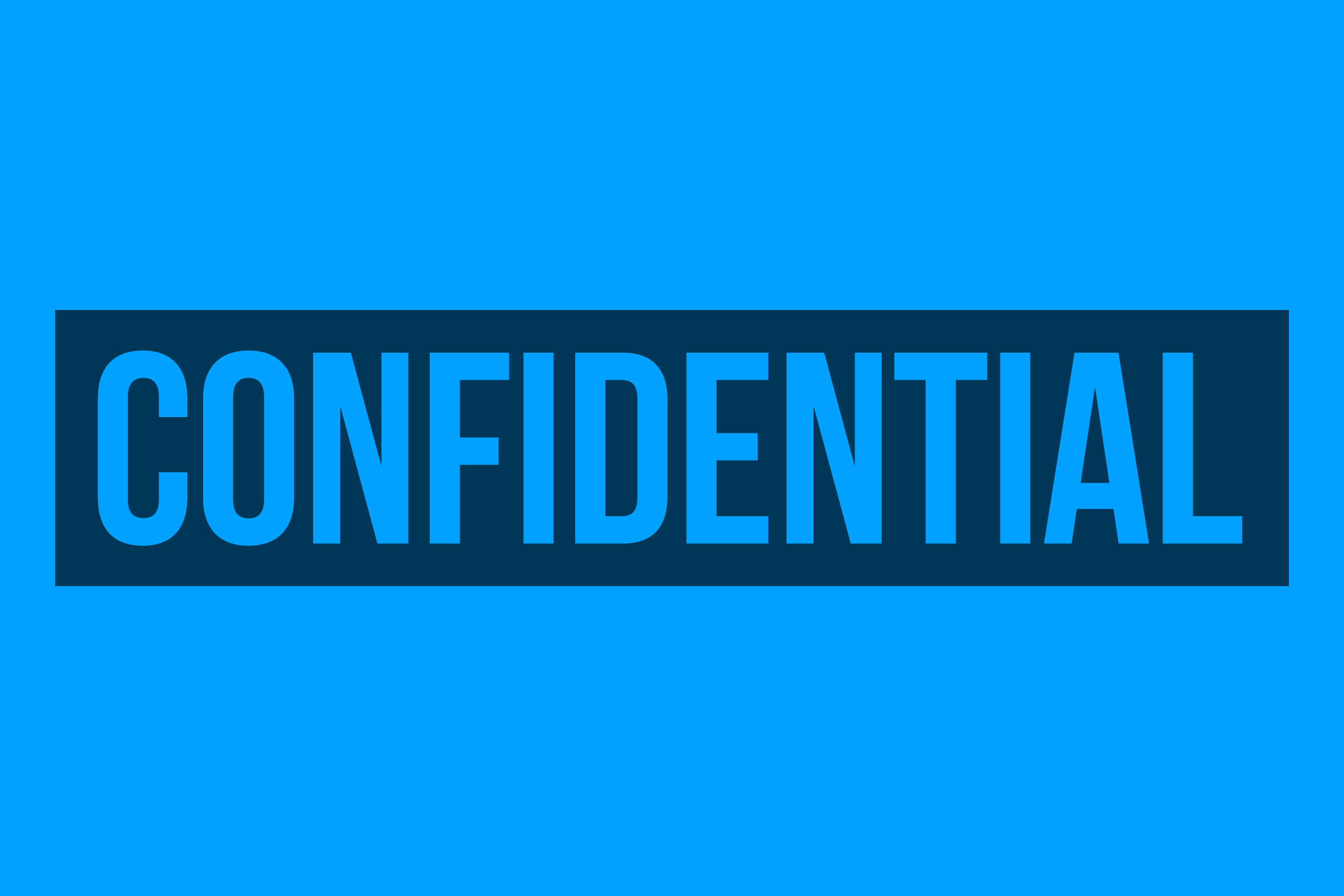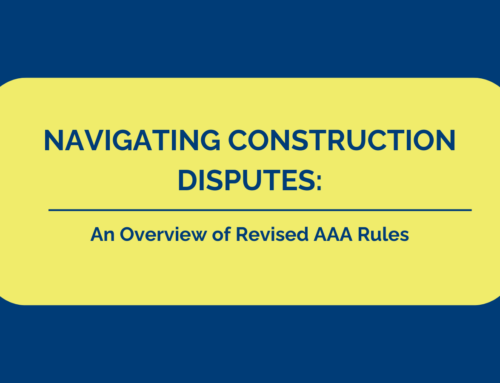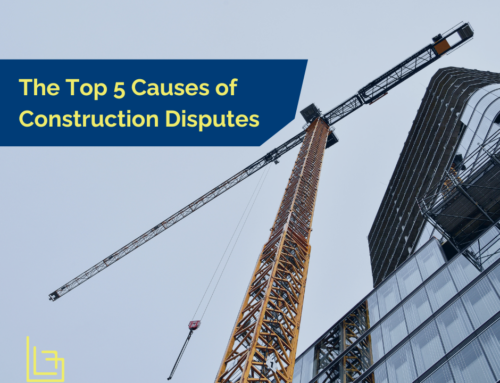Business owners involved in disputes often attempt to engage in communications with an opposite party to reach a resolution prior to engaging counsel and further escalation. Even after a dispute has crossed the line into litigation or arbitration, there may be points in time where business representatives decide to engage in direct communications in an attempt to reach a deal. The desire may be to have frank, candid conversations. However, when engaging in these communications, it is important to realize that, despite common misconceptions, settlement communications generally are not confidential and could even be used against a party in court.
In Georgia, there is no blanket rule protecting the confidentiality of settlement discussions. However, settlement discussions and settlement offers are typically inadmissible in proceedings except to prove something unrelated to settlement. (See Section 24-4-408 of the Georgia Code.) This rule does not prohibit the discovery of settlement negotiations by another party (meaning even if inadmissible it could be reviewed by a party in a case), it only protects compromise negotiations (not regular business negotiations), and it contains exceptions.
The takeaway is business owners should be cautious when engaging in communications with another party to resolve a dispute. The use of a “Confidential Settlement Communications” label on written communications may help in establishing the intent for compromise negotiations, but the label alone will not be determinative. Business owners could also consider agreeing to a written confidentiality agreement prior to engaging in pre-litigation settlement communications in an effort to encourage frank discussions with more protection.
Please contact us if you have any further questions or need assistance with a legal matter.
Resources:
https://law.justia.com/codes/georgia/2019/title-24/chapter-4/section-24-4-408/ (Georgia statute)





